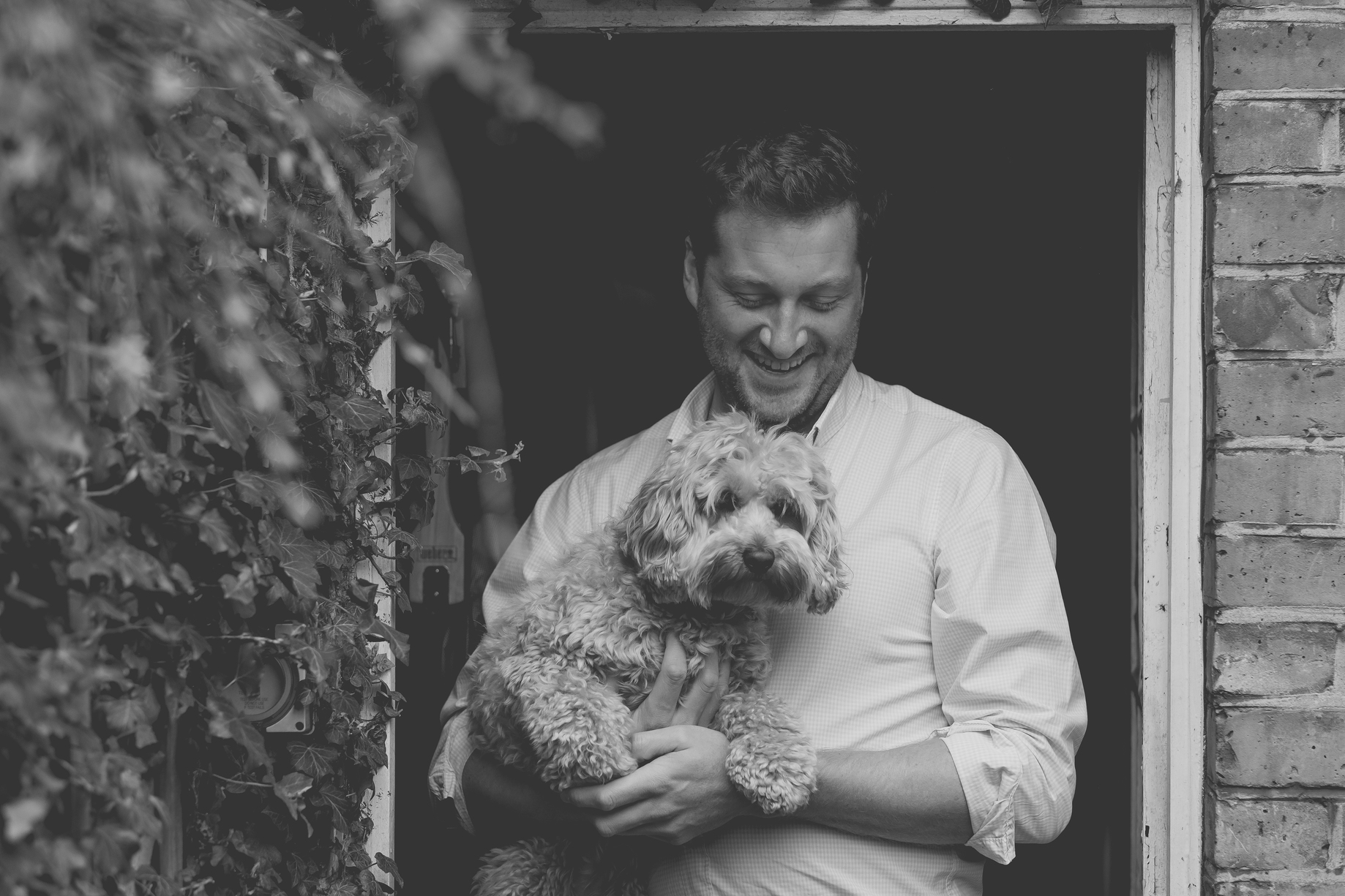We’re very excited to welcome Dr Marvin J. Firth BVSc (Hons.), MRCVS our first guest blogger! Dr Firth from County Equine is the Official Veterinary Surgeon for Polo on the Beach and often undertakes charity work and promotion for equine and canine causes. Dr Firth is a personable veterinarian with high clinical standards and traditional values. He has clients across the South of England and Internationally.
What made you decide to become a vet?
When I was younger I grew up in the countryside and all my friends had horses and farms and I knew that I wanted to have a career in the countryside. My parents were medical and so the decision really was whether I should become a doctor or vet. Spending time with the local vets confirmed that that was what I wanted to do. I realised that as a vet, when you graduated you were the surgeon, the anaesthetist, the consultant etc and in medicine it was much more specialised at that time. I wanted the challenge and was luckily accepted into vet school!
How long does it take to train?
It takes 5 years to become a vet and then if you want to specialise to an internationally recognised level it is another 3 years in a chosen discipline e.g. dermatology, neurology etc.
You recently treated Winnie our Founder’s French Bull dog, can you explain what was wrong and what you did to help her?
So, Winnie had a condition of luxating patella which means that her anatomy of her hind limbs is such that the kneecap occasionally gets stuck and keeps the leg in a fixed position. This is quite a common problem in a lot of animals and certainly in smaller breeds of dogs. Whilst we know that there is a diagnosis of this problem, we looked at what other options for treatment may be available including medical and surgical management. I examined Winnie to see if there were additional issues in the spine and pelvis and performed my chiropractic and laser therapy to make sure Winnie was as aligned and comfortable as possible. Following this, I devised a physiotherapy plan in which the owners are able to exercise Winnie after my consultation.
Do you have any dogs yourself, and if so, what are their names, breed and what made you choose them?
We have two Cockapoos! Golda is the eldest and Gozo is the youngest! I have inherited them (with my partner!) and they have both become therapy dogs. My partner is a psychiatrist and they often attend the hospital to help deal with patients in their consultations. They are very intelligent, caring dogs that can have lots of energy but also seem to be able to read situations when they are ‘at work’.
Are there any animal welfare tips you can share to dog owners?
I think the main thing I like to address in all of my consultations is to try to recognise pain and how we can eliminate or reduce this to improve quality of life for our pets. Reduction in mobility and overall demeanour should alert owners to seek veterinary advice. Nowadays we have great therapies and neutraceuticals (supplements) which can help alongside safer medications than in the past.
What have been your successes so far this year?
I have been really lucky to have been awarded Best New Veterinary Practice 2018 in the National Veterinary Awards and the Lux Review have just voted County Canine as the Most Outstanding Veterinary Service 2019!
You travel internationally with your work are their any countries that particularly stand out for their positive animal welfare?
I have been taught by clinicians in the States and in Germany and I believe that their approach to integrative healthcare to our pets is fantastic. Their mindset, that first and foremost we are veterinary surgeons, but can offer additional therapies alongside conventional medicine is great.
What do you most enjoy about your job?
I enjoy meeting the whole spectrum of dogs and horses and their owners. The dynamic between pet and owner is different every time I have a new consultation and it is great to get to know people over time as I am treating their pets.
You practice holistic treatment, is this unusual and should more veterinary surgeons be doing this?
Yes, it is unusual. Most vets don’t hold additional training or qualifications in chiropractic, acupuncture or physiotherapy. To have these all to hand in one consultation has been very popular. I have taken extra examinations to become internationally recognised in chiropractic too. No other vet in London has these qualifications.
If you were not a vet what career would you have chosen and why?
Probably medicine! Again, I enjoy dealing with people as much as the animals and its great to have a career which can really assist in the quality of life of an individual.
Finally, what are your favourite places to visit in Hampstead?
I love visiting Hampstead Heath but I have to say I can often be found wandering around the streets at weekends (with Golda and Gozo in tow!) enjoying the varied and beautiful architecture. I also love looking for a bargain in the second-hand furniture shops!
For further information on Dr Firth’s work and to make an appointment please go to http://www.countyequine.co.uk
